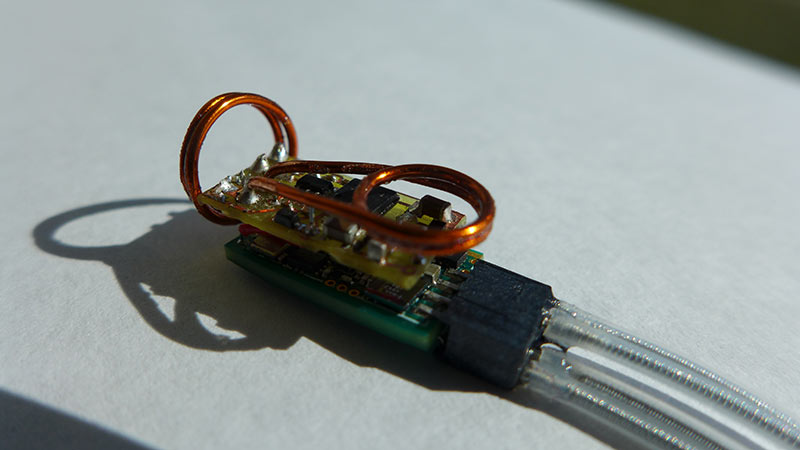Dynamic Impedance Matching in Wireless Power Transfer Systems
This project is motivated by the potential to enable a new generation of miniature, fully-implantable medical devices with wireless power transfer (WPT) technology with autonomous impedance matching capabilities.

Wireless power transfer (WPT) technology with autonomous impedance matching capabilities has the potential to enable a new generation of miniature, fully implantable devices. Since the majority of the size of current implantable devices is owed to implanted batteries, eliminating the batteries drastically reduces device footprints. Devices can be wirelessly powered through electromagnetic fields and matching the input impedance of the receiving system?s load to the impedance of the effective power source improves the power transfer. However, the impedance of the load might vary during operation. Hence, the dynamic control circuit provides a real-time adaptive impedance of the receiving circuitry of the CID?s implantable device, the Bionode, to optimize the transmitter-receiver power transfer.
Current devices cannot be adjusted to compensate for biological interference after implantation. Dynamic impedance matching enables the Bionode to achieve the best connection in the given environment. Analogous to how adjusting an antenna can improve a television?s signal, the dynamic impedance matching chip will help to ensure that the maximum possible power gets to the Bionode from a given energizing source.
- Project Researcher: Yu-Wen Huang